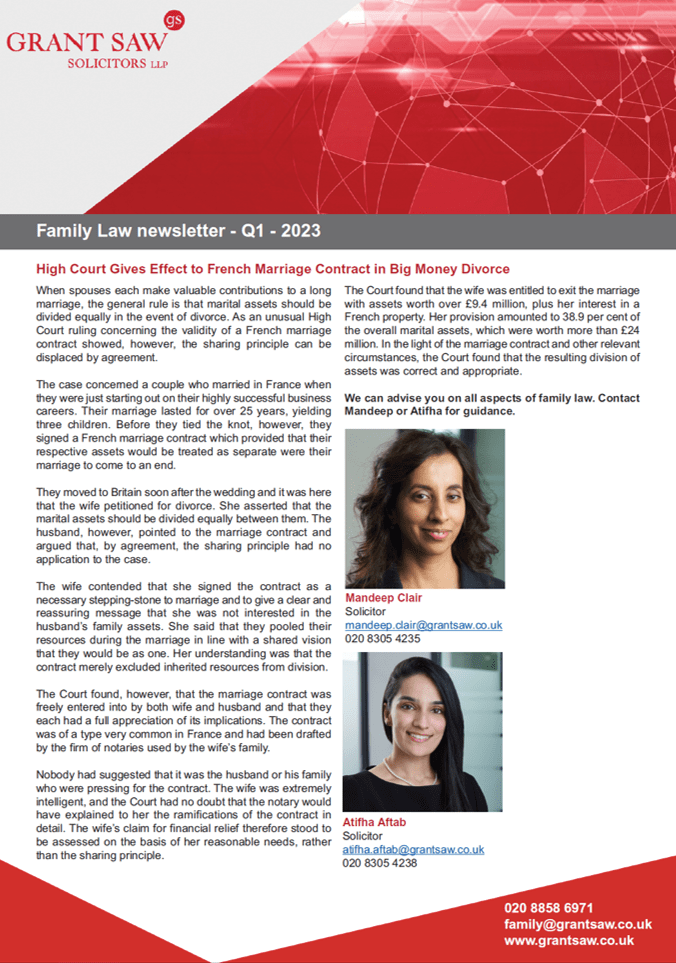How is unfitness assessed and why have the Insolvency Service decided to make these allegations against me?
When a company goes into liquidation or administration, the Liquidator or Administrator will produce a report to the Insolvency Service and provide a recommendation, as to whether they think, based on their investigations, the director should be disqualified. In April 2016, the Government implemented new procedures to enable a Liquidator or Administrator to provide their reports online, thereby making it easier for them to recommend that a director be disqualified.
Often before informing you that CDDA proceedings will be brought against you, the Insolvency service or the Liquidator will ask you to complete a questionnaire. If later disqualification proceedings are brought against you then the content of the questionnaire may be used against you. It is therefore important that you obtain legal advice from the outset and shortly after your Company has gone into Liquidation/Administration.
In order to assess whether CDDA proceedings should be brought against a director the Insolvency Service (and subsequently the court), will consider a wide range of matters which may determine that a director is “unfit” including:
- Any misfeasance or breach of any fiduciary duty by the director;
- Allowing a company to continue trading when it can’t pay its debts;
- Failing to keep proper company records;
- Using company money or assets for personal benefit;
- Breaches of the Companies Act 2006; and
- The frequency of any conduct of the director falling within the above matters
For a full list of matters which may determine that a director is unfit please see schedule 1 of Company Directors Disqualification Act 1986.
Can I challenge the allegations being made against me?
In short, yes you can! Each case is dependent on its own merits, however, depending on the circumstances and the nature of the allegation, there are some examples of possible challenges that can be raised, as set out below:
- The threshold for “unfitness” has not been met;
- The Insolvency Service is time barred from bringing CDDA proceedings, as there is generally a two-year time frame for the Insolvency Service to issue proceedings.
- The director has acted honestly and reasonably;
- Considering all the circumstances the director ought to be fairly excused; and
- There has been a procedural or technical error in respect of the allegations raised by the Insolvency Service.












































